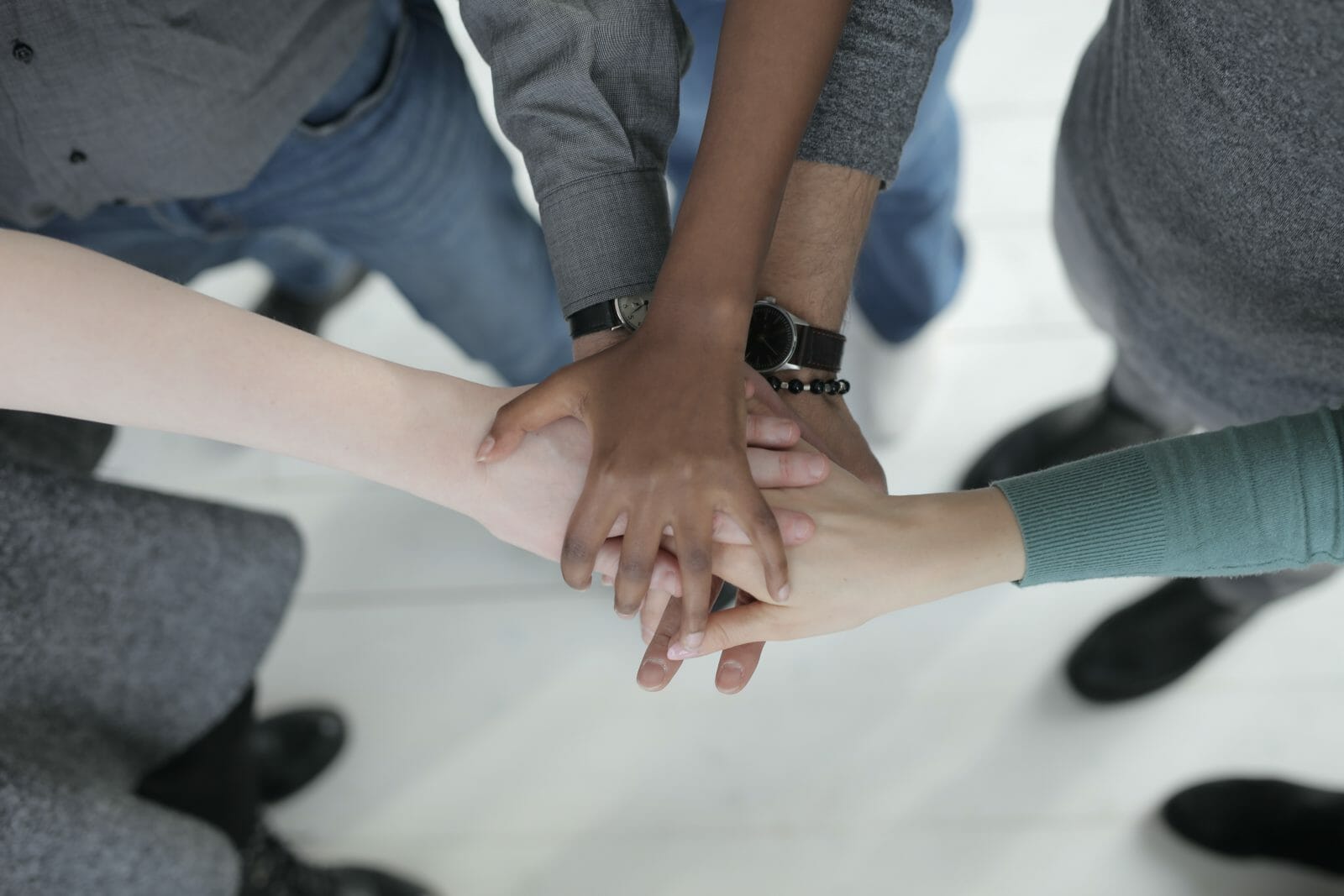Ellie LeBlond Sosa Shares How Mental Health Builds Better Communities

To recognize Mental Health Awareness Month, Points of Light connected with Ellie LeBlond Sosa, granddaughter of President George H.W. Bush and Executive Director of Events at BB&R Wellness, to discuss our recent global civic engagement research and the lasting impact the global pandemic has had on the mental health of respondents around the world.

Question: Why is the area of mental health and well-being a personal and professional passion area for you?
Ellie:
Recently, I have entered a new chapter of life: motherhood. I know I’m not alone when I say that I struggled during pregnancy and postpartum with anxiety and depression. There are so many things to worry about. Add in a complete lack of sleep, and I was left feeling completely drained and not myself. I knew I needed help, so I started therapy for the first time in my life. I was able to work through some of my fears as a new mom and learned the coping mechanisms to use when I felt anxious or sad.
I am also lucky to work for a company, co-founded by my mom Doro Bush Koch, called BB&R Wellness. BB&R educates and inspires people to take better care of themselves: mind, body and spirit. Through my work, I have learned the powers of mindfulness and meditation in our overall health and well-being.
Question: Points of Light’s recent research on global civic engagement asked respondents to share the ways the global pandemic impacted them individually and their community collectively. Globally, “my mental health” and “the mental health of my family” were the third- and fourth-largest impacts. As we head into the third year of this pandemic, how do we support our own mental health and well-being and the well-being of those in our circle for what has been an extended period of stress, isolation and tension?
Ellie:
If you suspect that someone you know is suffering, start by observing behaviors and moods that have changed. Initiate a non-judgmental conversation in a place where they are safe and comfortable. If they are open to talking, do not diagnose anything since you aren’t a doctor. Suggest ways to de-stress, practice self-care and offer to accompany them to the doctor or join them for a conversation with a family member or friend. Of course, if you feel like they are in immediate danger, you should take urgent action to make sure they are safe. If you are experiencing difficulties, talk to someone, and be honest with how you are feeling. Your loved ones want the best for you and will help you if you ask.
Question: Points of Light’s research on the Millennial generation showed just how personal social issues have become by identifying mental health and wellness as one of their top priorities. This trend diverges from previous generations who don’t identify this as a top area of societal concern. Which role do you think the next generations, both Millennials and Gen Z, can play in moving mental health and wellness from an individual and personal priority to one that society as a whole prioritizes?
Ellie:
The Millennial and Gen Z generations understand that health and wellness are incredibly important for communities to thrive. The first step in making this a top priority for all is de-stigmatization. One in five Americans suffer from some form of mental health issue every day, so why does it still feel taboo to talk about? Although it may be difficult, have an open and honest conversation with your supervisor about mental health and how the company can support their employees. Outside of the workplace, you can start a book club and include books that touch on important mental health topics. Every little bit helps and the more we talk about it, the more we will erase the terrible stigma around mental health.
Question: At Points of Light, we have observed, and research supports that there is a strong correlation between individuals who engage civically and those with strong physical and mental well-being. From his words and actions, we know that your grandfather, and Points of Light’s founder President George H.W Bush, really believed that compassion, empathy and connectedness were fostered in those who participated in their communities and reached out in support of others. What have you learned from your family and your work that highlights this connection between civic action and overall well-being?
Ellie:
My grandfather taught all of us the importance of serving others. It does not matter whether that’s on a big scale or small scale. What matters is that you do it with love and compassion. There is a phenomenon called, “Helper’s High,” which refers to that feeling you get after helping someone. Endorphins are released into our brain that can decrease pain and increase our mood. Overall, serving others is a win-win.
Question: At Points of Light, we talk about “listening and learning” being among the most important civic actions someone can take. As May is Mental Health Awareness Month, do you have any favorite thought leaders, books, resources and podcasts that you would recommend that may help to deepen our understanding of mental health and well-being?
Ellie:
In my unbiased opinion, the podcast Health Gig co-hosted by Doro Bush Koch and Tricia Reilly Koch is one of the best resources out there. They have had some incredible guests and offer fantastic weekly guided meditations. For books, “Together: The Healing Power of Human Connection in a Sometimes Lonely World” by Dr. Vivek Murthy is fantastic. Dr. Murthy traveled the United States and found loneliness is an underlying cause for many issues: alcohol and drug addiction, violence, anxiety and depression. He offers some thoughtful solutions to help ourselves and those we love create more connected lives. I also recommend “The Book of Joy: Lasting Happiness in a Changing World” by Dalai Lama, Desmond Tutu and Douglas Carlton Abrams, which shares how they find joy in the face of suffering.
Question: If you could give just one actionable step someone could take to advance mental health and well-being in their community, what would it be?
Ellie:
Reach out to someone who you’ve been thinking about. Ask if they want to talk or need help with anything. Maybe they haven’t had the courage to ask and this simple question from you will make all the difference for them.
Looking for more mental health resources available online or in your community? Visit Crisis Text Line’s website for their library of reputable, free or low-cost options that span a wide variety of needs.